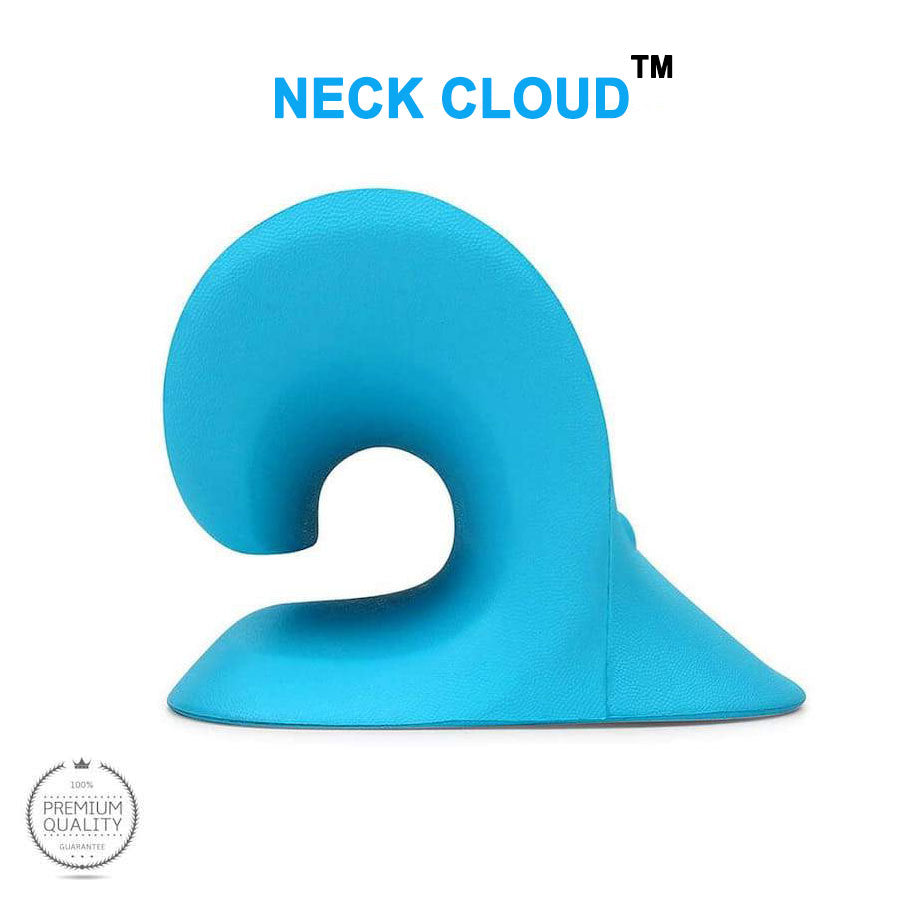Neck Cloud Evaluation: A Revolutionary Device for Neck and Spine Health And Wellness
Neck Cloud Evaluation: A Revolutionary Device for Neck and Spine Health And Wellness
Blog Article
The Impact of Anxiety on Neck Discomfort: Techniques for Lowering Tension and Pain
In today's fast-paced globe, it's no key that anxiety has become a widespread element in the beginning and worsening of neck discomfort. Join us on a trip to untangle the influence of stress on neck discomfort and find effective methods to ease discomfort and enhance general top quality of life.
Recognizing Stress-Related Neck Pain
Stress-related neck pain can manifest as tension, rigidity, or discomfort in the neck and shoulder area. The connection in between anxiety and neck discomfort lies in the body's physical reaction to tension, which can result in muscle mass stress and tightness in the neck muscular tissues.

Identifying Common Tension Locations
Often experienced by people under tension, tension areas in the body can give important understandings into the physical manifestations of mental pressure. One common tension location is the neck, where tension often shows up physically. Tension frustrations, tight neck muscle mass, and limited range of motion prevail signs and symptoms of stress-related neck tension. The shoulders are an additional typical location where stress builds up. Anxiety can create the muscular tissues in the shoulders to tighten, causing discomfort and pain. In addition, the top back is vulnerable to stress accumulation, specifically in individuals that experience persistent anxiety. Poor posture and prolonged resting can aggravate tension around. The jaw is additionally a typical place for stress-related tension, as lots of people squeeze their jaw or grind their teeth when worried. Knowing these usual tension areas can assist people recognize the physical indications of stress and take steps to address them before they intensify into persistent pain or discomfort.
Applying Relaxation Methods
To effectively manage stress-related stress in the body, carrying out relaxation strategies is important. Relaxation techniques are useful devices for lowering neck discomfort triggered by anxiety. Deep breathing workouts can assist relax the mind and relax tense muscular tissues in the neck and shoulders (neck cloud). Exercising mindfulness reflection can likewise be valuable in reducing stress and anxiety and promoting relaxation. Progressive muscle mass relaxation, where you systematically stressful and afterwards relax different muscle mass teams, can launch built-up tension in the neck area. Additionally, activities like yoga and tai chi incorporate both physical movement and relaxation, making them effective techniques for lowering stress and neck pain. Taking regular breaks throughout the day to stretch and take a break can avoid muscle mass tightness and tension from building up. By integrating these relaxation strategies right into your daily routine, you can assist manage tension levels, minimize stress in the neck, and alleviate discomfort connected with stress-induced neck pain.
Integrating Self-Care Practices
Incorporating self-care techniques is vital for preserving general well-being and handling stress-related neck discomfort successfully. Participating in regular exercise, such as mild extending exercises or yoga, can assist reduce stress in the neck and shoulders. Exercising good position throughout the day and taking regular breaks from long term resting or display time can also protect against stress on the neck muscle mass.
Additionally, focusing on ample rest and developing a constant rest routine can contribute significantly to minimizing anxiety degrees and advertising relaxation. Developing a soothing going to bed regimen, such as reviewing a publication or taking a warm bathroom, can aid prepare the mind and body for peaceful rest. In addition, keeping a balanced diet Related Site rich in nutrients and staying hydrated can support general health and wellness and decrease swelling that might worsen neck pain.
Incorporating mindfulness practices, such as deep breathing workouts or reflection, can assist manage stress and anxiety and promote leisure. Taking time for oneself, participating in hobbies, and establishing borders to safeguard individual time are likewise vital facets of self-care that can add to reducing stress and easing neck pain.
Looking For Specialist Help
How can people properly attend to consistent neck pain that is impacting their daily life and well-being? Looking for expert aid can be a critical step in handling and reducing neck discomfort.
Chiropractic doctors focus on spine adjustment strategies to improve alignment and minimize stress in the neck area. Physical therapists provide targeted workouts and stretches to strengthen muscle mass, improve flexibility, and improve total neck feature. Orthopedic specialists can provide innovative medical treatments such as injections or medical choices for extreme instances of neck discomfort.
Conclusion

Stress-related neck discomfort can show up as stress, rigidity, or pain in the neck and shoulder location. The connection in between stress and anxiety and neck discomfort lies in the body's physiological reaction to stress and anxiety, which can result in muscle stress and tightness in the neck muscular tissues. Tension frustrations, stiff neck muscle mass, and limited range of activity have a peek at this website are typical symptoms of stress-related neck tension. By incorporating these relaxation strategies into your everyday routine, you can assist handle tension degrees, decrease stress in the neck, and reduce pain associated with stress-induced neck discomfort.

Report this page